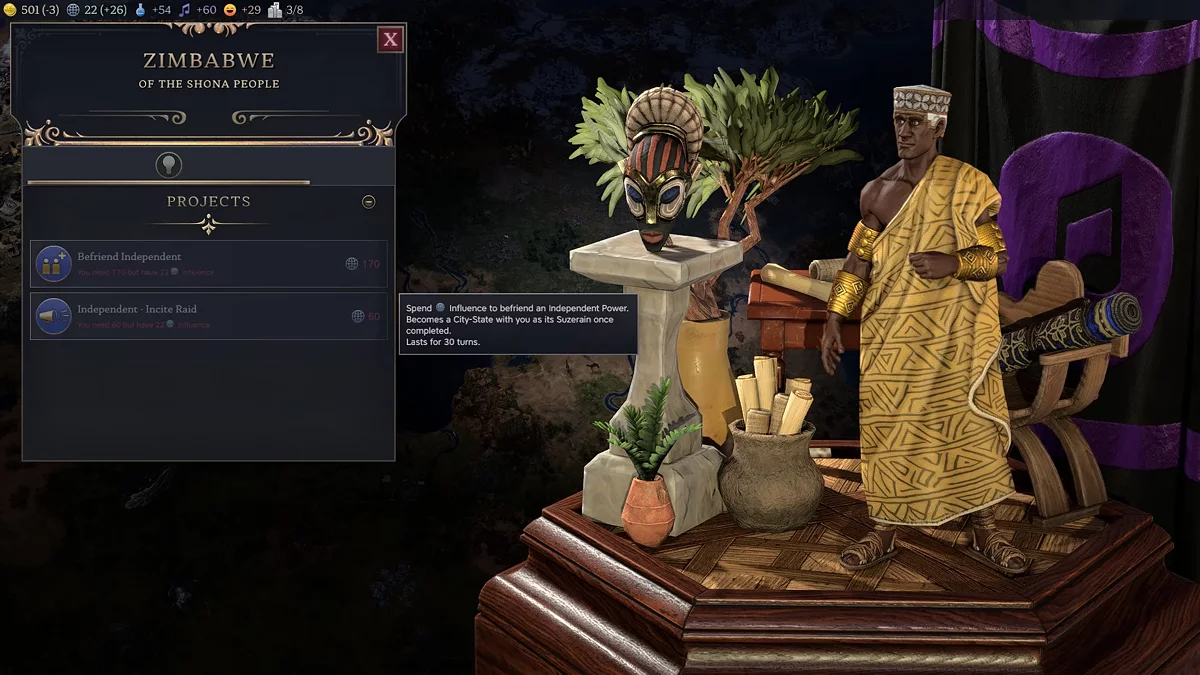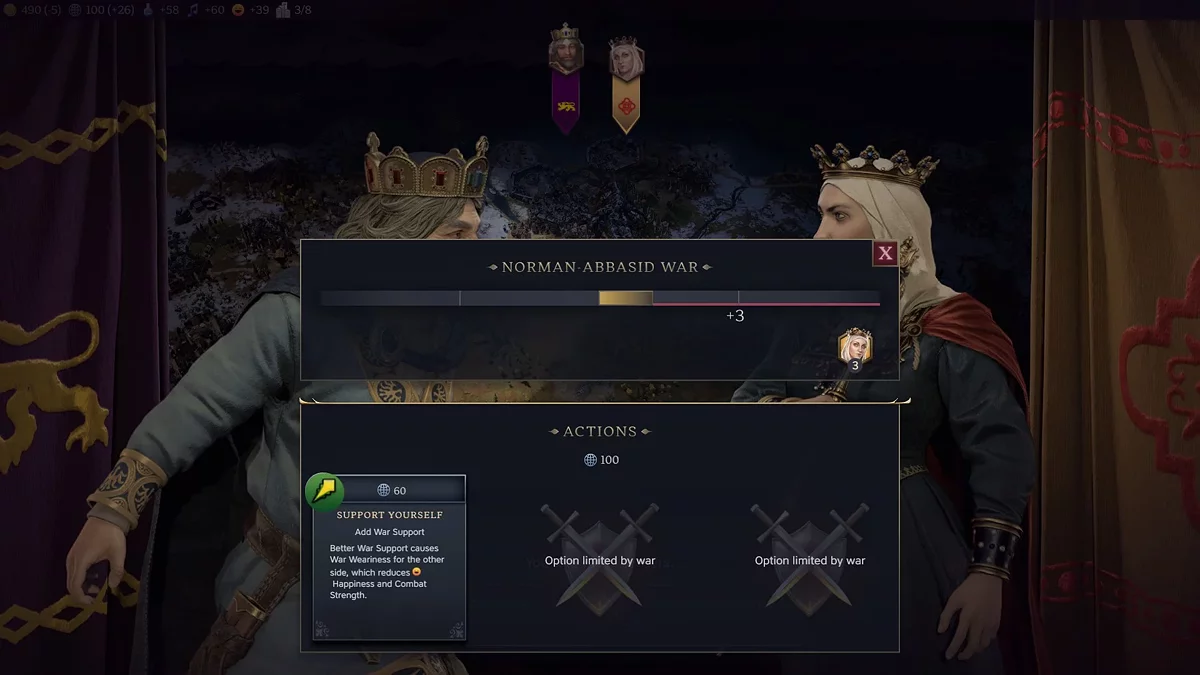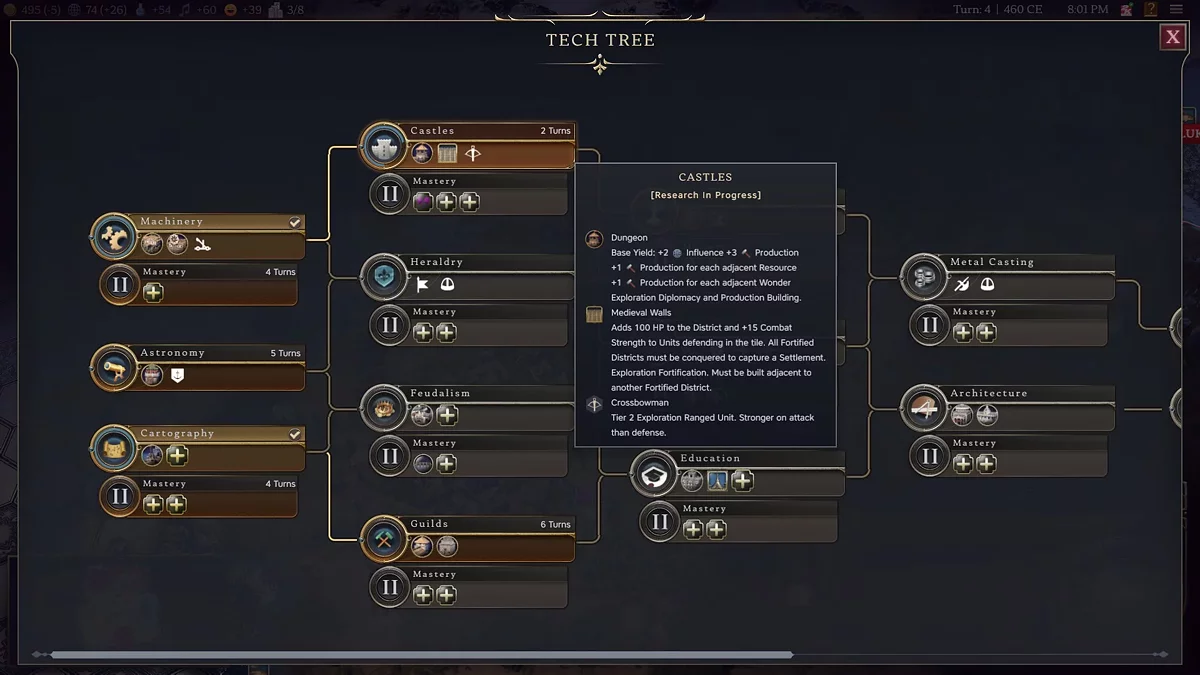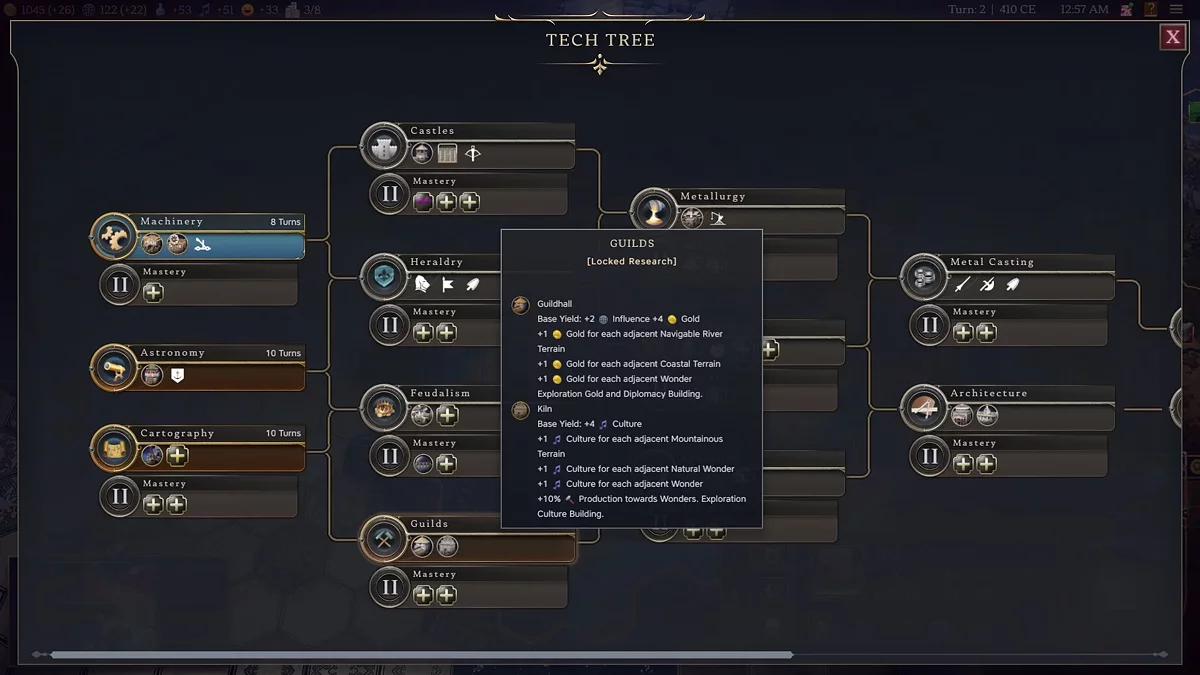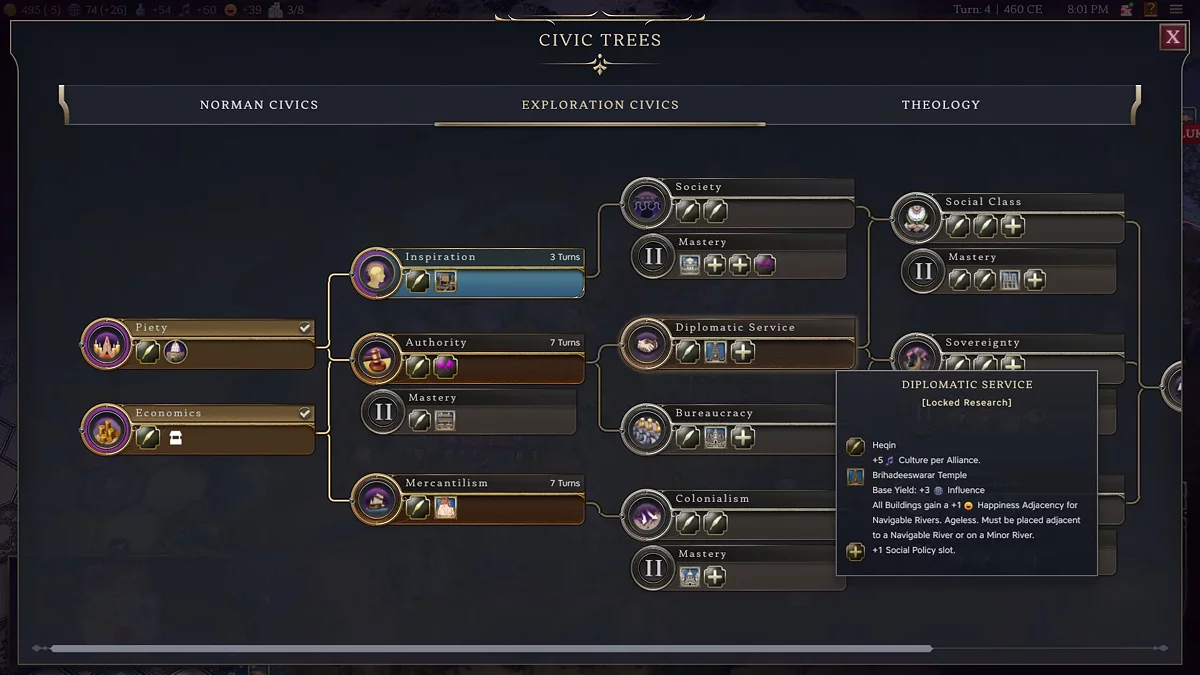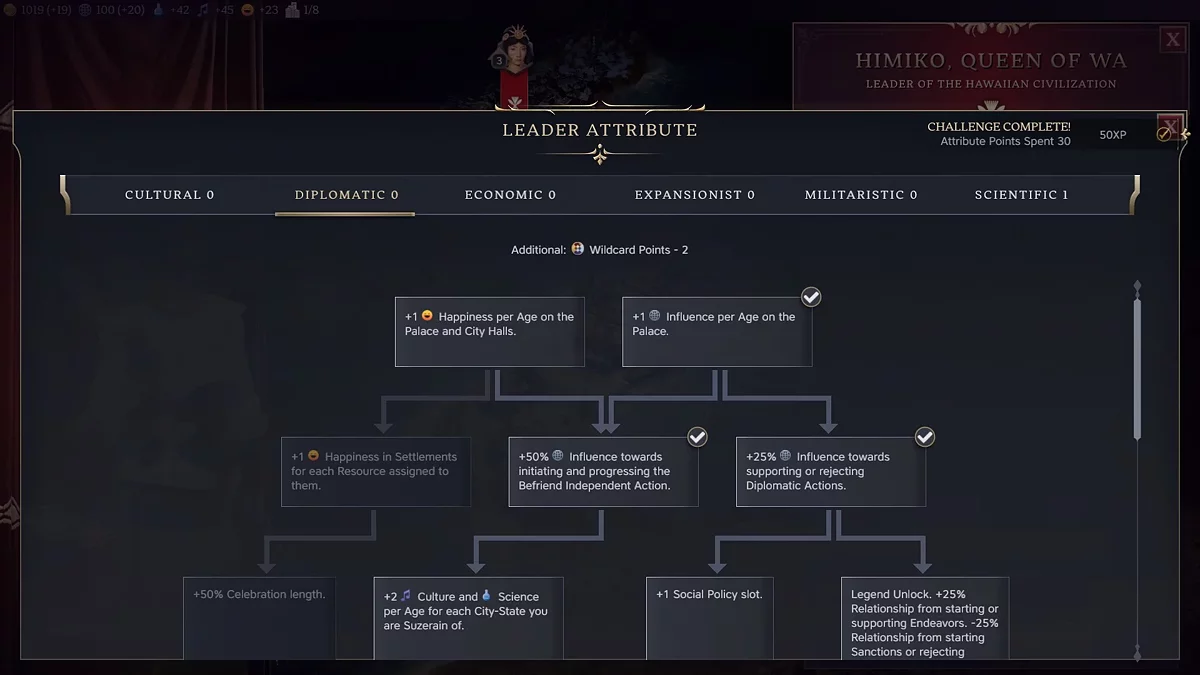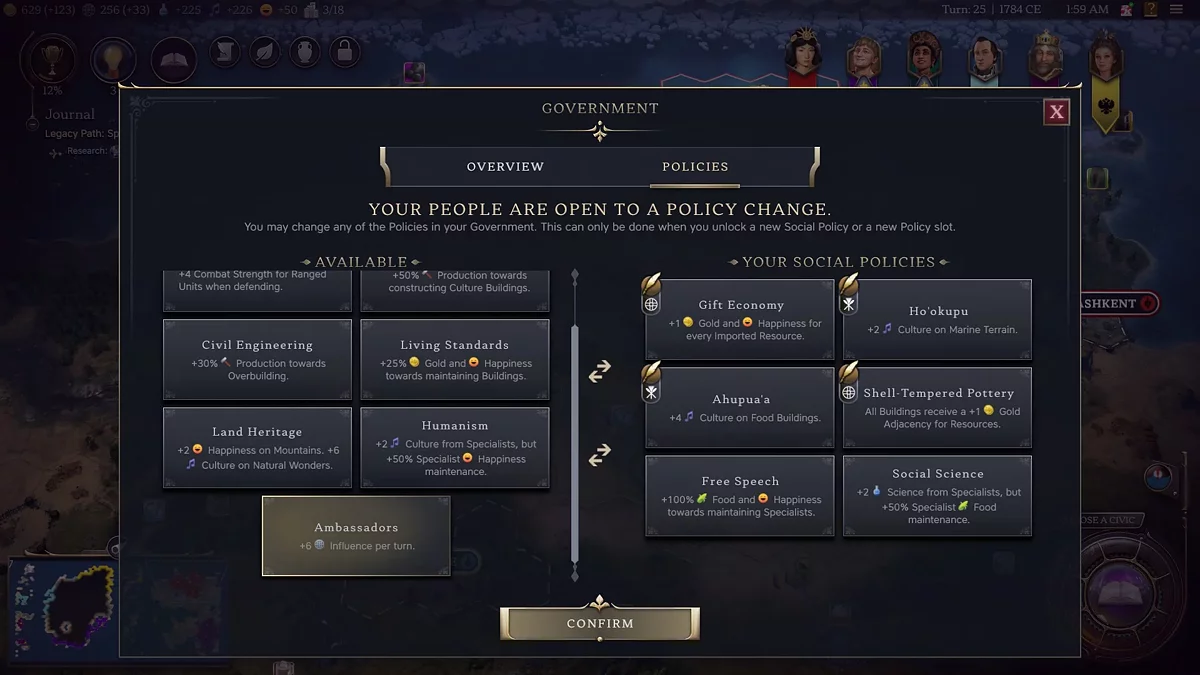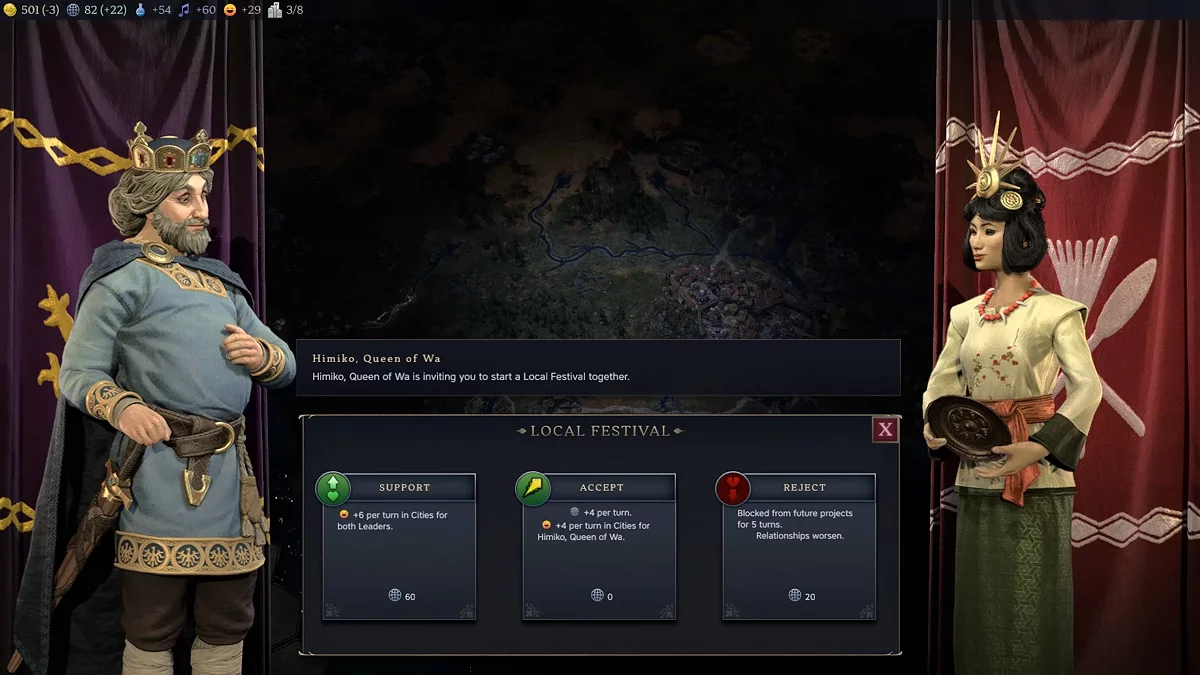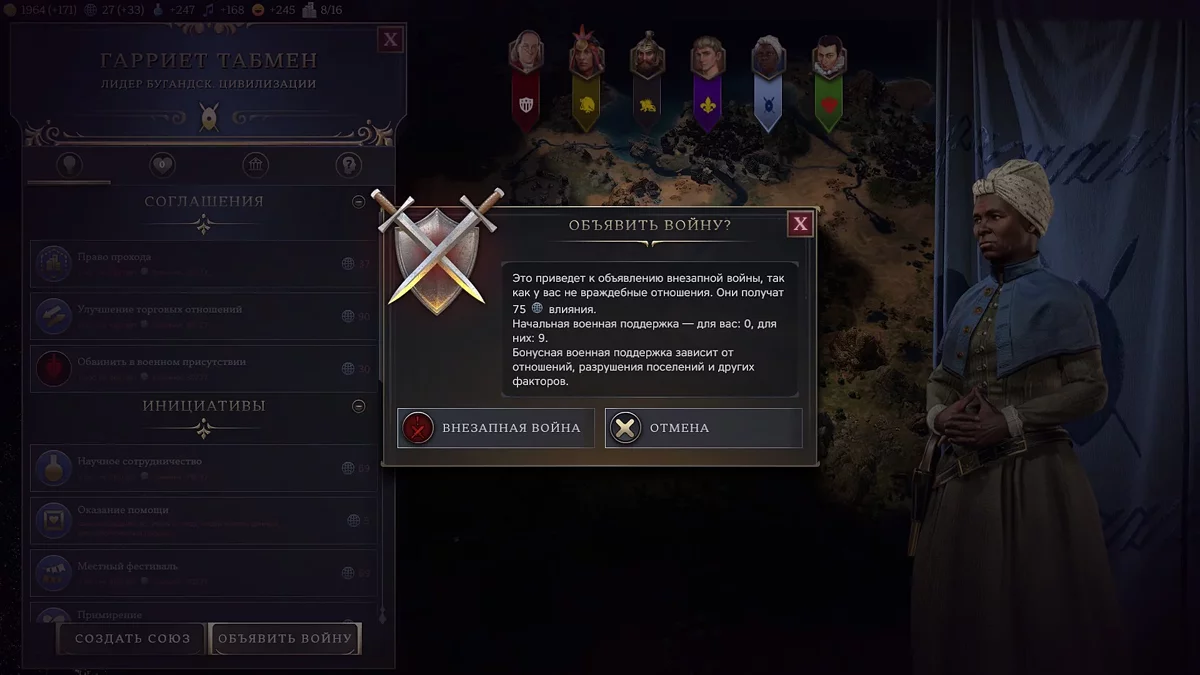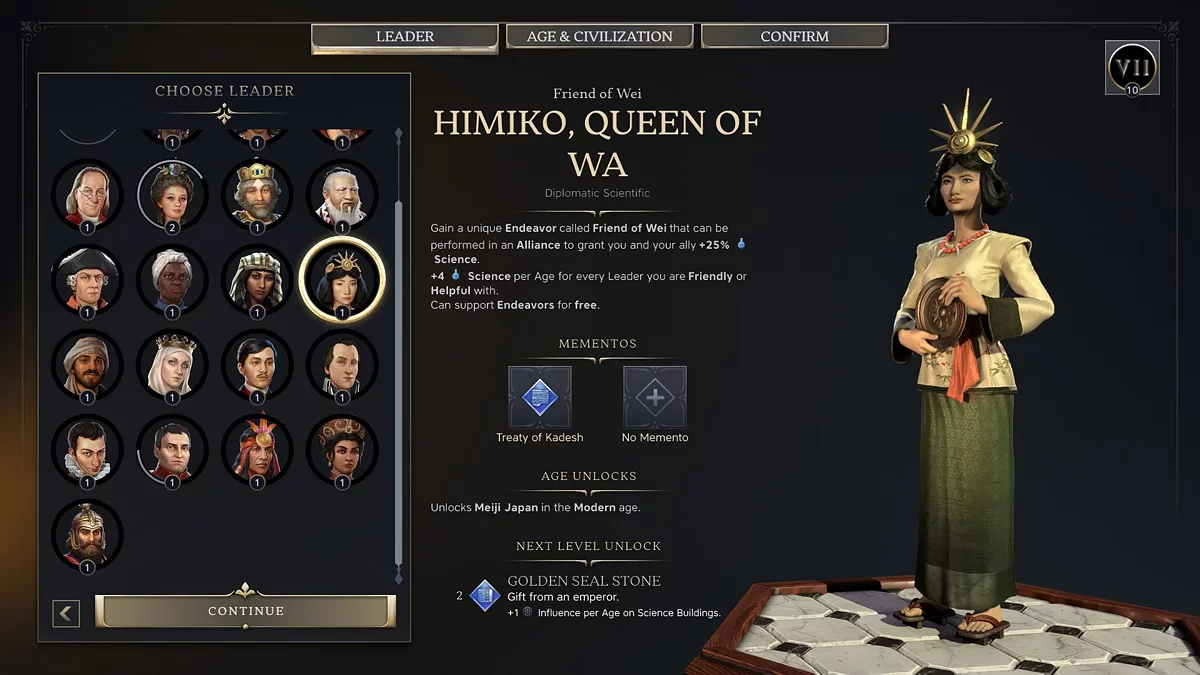In Civilization 7, there is a resource that seems to be borrowed from Stellaris and other Paradox strategies — influence. This indicator is crucial for most diplomatic deals and interactions with other powers. It is much more versatile than world influence in Civilization 6. In this guide, we will tell you how to become the most influential leader in the game.
What Influence Gives
Let's start by explaining how influence works and its functionality. With this resource, you can make profitable deals with neighbors, accept or reject their offers, impose sanctions, and develop city-states.
This resource is extremely necessary in all three eras. It is especially difficult without it during wars when it is necessary to increase the population's support for armed conflicts. If this is not done, uprisings will begin to flare up in the country.
How to Gain as Much Influence as Possible
Influence can be earned in several ways. Many buildings, which open as the state develops, research upgrades, and social institutions, give significant bonuses to the influence gained. In antiquity, these include the monument, garden, and villa; in the era of research — the town hall and donjon; in modern times — the radio station and opera house. If the goal is to increase influence, they should be built first.
Also, to farm these resources, you need to build wonders of the world. Some provide a huge boost to influence, in each era. Wonders do not become obsolete, so the bonuses will "trickle" until the end of the game. Pay attention to four buildings.
Weiyang Palace
- Antiquity.
- Unique to Han civilization.
- Gives +6 to influence.
Brihadeeswarar Temple
- Era of research.
- Unique to Chola civilization.
- Gives +3 to influence.
Serpent Mound
- Era of research.
- Gives +4 to influence.
Doi Suthep
- Modernity.
- Gives +4 influence for each city-state you are the suzerain of.
The third way is to upgrade your leader in the "Diplomacy" branch. Almost all abilities in this category significantly enhance the political potential of the state.
An important factor will be the political decrees in the country. Many of them add even more influence to the state's treasury. By default, each player starts with the Divine Right policy, which gives +1 to influence and culture in the capital.
There are less obvious but very effective ways to increase influence. If your country is highly developed, rich in technology and culture, opponents will try by all means to steal something from your arsenal through espionage. And for each such attempt, your country will receive a certain amount of influence.
Influence can also be gained if an opponent decides to declare an unexpected war without reason. However, this happens rarely.
You can also build special towns focused on influence farming, so-called hubs. To get one, you need to establish a small town and assign it the appropriate specialization. Just one of these will bring +2 influence for each settlement it is connected to.
The last method involves your leader's memorabilia. Some of them provide small bonuses to the influence gained, but they need to be unlocked by upgrading the leader and actively playing as them.
Certain characters and states can be mentioned separately. Some are particularly focused on diplomacy and high influence farming: Machiavelli and the Japanese Himiko. For example, the leader of the Land of the Rising Sun does not spend influence points when accepting a diplomatic offer of cooperation. And Han Civilization has many unique buildings and bonuses that contribute to influence development.
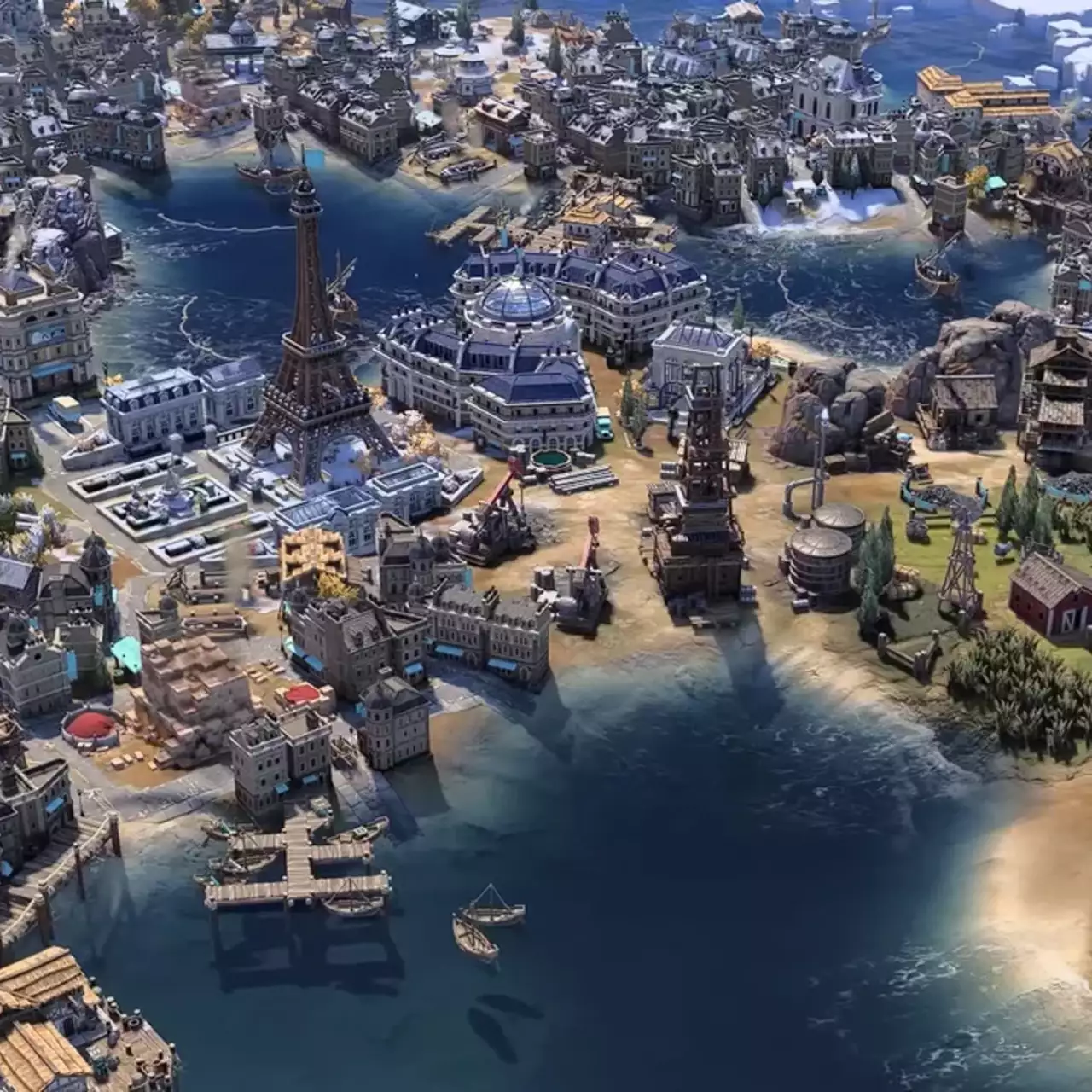
 Vladislav Sham
Vladislav Sham
